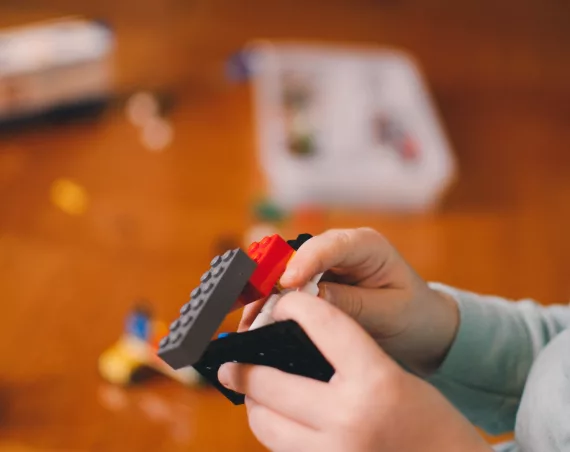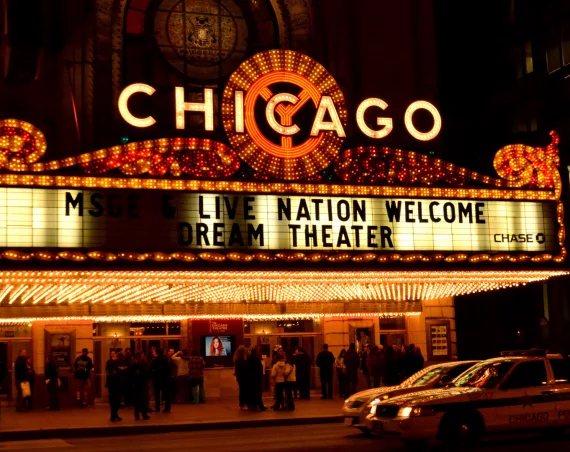
Disasters
Powered by RedCircle
Welcome
Hello and welcome to Learn English Vocabulary. My name is Jack and I’m making this podcast for you to learn or revise English vocabulary.
Today, I’m making a B2 podcast which means that the vocabulary I’m going to talk about should be suitable for Upper-Intermediate learners. If you are Intermediate, this will still be useful, but my descriptions might be a bit tricky and it should be good revision for advanced learners.
I hope you find this podcast useful. If you do, please leave me a rating and a review as this will help other learners find these podcasts.
Introduction
In this podcast, I’m going to talk about disasters or massive problems. We are still all in the middle of a global pandemic or epidemic which is a disaster that I don’t have to explain to anyone, sadly, but there are lots of other types of disaster happening around the world and lots of the language related to disasters is B2.
First, let’s take a quick look at the word disaster. A disaster is a sudden accident or natural event that causes a lot of damage or loss of life. I think that’s the most important part of the word disaster, it’s really serious. If you use it for a less significant problem, you might sound a bit cold or mean. The word disaster is a noun and from that, we get the adjective disastrous which should probably be reserved for similar events as disaster, but you hear it used a lot more informally to talk about less significant problems.
Now, I’m going to start by describing a disaster and I want you to try to work out what the disaster is and if you know the word in English.
Disaster number 1
This is when the earth moves and tremors cause buildings to shake and cracks to open up in the roads and on the ground. The force of these disasters is measured in magnitude and there’s a scale. People describe the force of these disasters by saying magnitude 5.7 or magnitude 7.8, for example.
Do you know what sort of disaster I’m talking about?
The answer is, of course, an earthquake.
Earthquakes occur when seismic activity, that is activity in the earth’s crust that indicates earthquakes and volcanos, increases to such a level that people feel the earth move. When this happens, you sometimes get one big quake and then for a long time after, you get aftershocks and tremors which are little earthquakes.
Disaster number 2
This type of disaster is our fault – I mean, it’s caused by people. Sometimes these things happen because there’s a problem that nobody could have predicted, but usually, there’s a problem that could have been avoided. Recently, in the UK, we had one of these that wasn’t incredibly serious, it could have been much worse, but three men still lost their lives. These disasters involve complex machinery going wrong.
Do you know what sort of disaster I’m talking about?
The answer is, of course, an accident.
Normally, these accidents are crashes. The worst are usually plane crashes and these can happen anywhere in the world. Planes carry special recorders that save information about the location, speed, altitude and direction of the aircraft as well as the voices of the pilot and copilot. These devices are called black boxes and they help engineers work out what happened when there’s a crash to try to make sure that it doesn’t happen again. Train crashes are usually less deadly, but they are still terrible accidents when they happen.
Disaster number 3
There are two types of disaster that involve wind. Big storms and then small very powerful storms that have great whirling funnels of fast-moving air. These disasters have different names whether they are over land or over water or if they are in or around the Americas or Europe or Asia.
Do you know what sort of disaster I’m talking about?
This time the answer depends. So when a massive powerful windy storm crashes into the coast of America or Europe, we call it a hurricane. If the same sort of storm happens in Asia, we call it a typhoon. We don’t get a lot of hurricanes in the UK. Sadly, these days, the Philippines are battered by serious typhoons.
I also mentioned smaller funnel clouds. When these clouds a appear, if the funnel reaches the ground, they are called tornados. I have never seen a tornado. They look exciting and also terrifying when I see them on TV and in films. If the same sort of funnel cloud happens over water, the phenomenon is called a waterspout.
Disaster number 4
This disaster occurs when there’s too much rain. I’m not sure I need to give you any more of a clue than that.
Do you know what sort of disaster I’m talking about?
Of course, I’m talking about a flood. There are a couple of phrases that are related to floods that are worth knowing. The first is flash flood. This is a very sudden local flood that usually occurs where the water flows away. So there are places, that are narrow or slightly lower than their surroundings where water can pool very quickly during a downpour. These places have a risk of flash floods. Another phrase that you often hear is storm surge. A storm surge happens when a large storm creates pressure that raises the level of the sea. When this happens, coastal towns can be inundated. Inundate can mean flood, though it’s more frequently used to mean overwhelmed by a large number of things.
Disaster number 5
This time, I’m looking for two words that are related. One is caused by no rain. When there’s no rain for a long time, it can cause problems for agriculture and then you get another problem which is a horrible disaster that threatens people around the world.
Do you know what sort of disaster I’m talking about?
I’m talking about drought and famine. There are some aid agencies that try to support people who face famine. The World Food Programme and Unicef do a lot of work to fight famine.

Disaster number 6
This time, I’m going to talk about a natural phenomenon that is not necessarily a disaster but that has been responsible for some of the most dramatic disasters the human race have ever faced. Most of the time, these giants lay dormant or at least bubbling gently.
Do you know what sort of disaster I’m talking about?
I’m talking about volcanos. Volcanos aren’t really a problem most of the time. It’s when they erupt that they cause problems. Eruption is the word we use when the volcano explodes and sends clouds of ash and dust into the air and pyroclastic flows and rivers of lava pour out of the earth and destroy anything in their path. I climbed up to the edge of a volcano in Indonesia that was really smelly. It was in a beautiful national park with a few active volcanos. Everybody that goes there gets up early to watch the sunrise from the edge of the crater.
Conclusion
OK – so there was a lot of B2 vocabulary related to disasters. I hope you have found it useful.
If you have enjoyed this podcast, please leave me a comment or a review and don’t forget that you can read the transcript for this podcast and complete some language activities on LearnEnglishVocabulary.co.uk.
Thanks for listening.





1 Comment
Huyen
Very very well